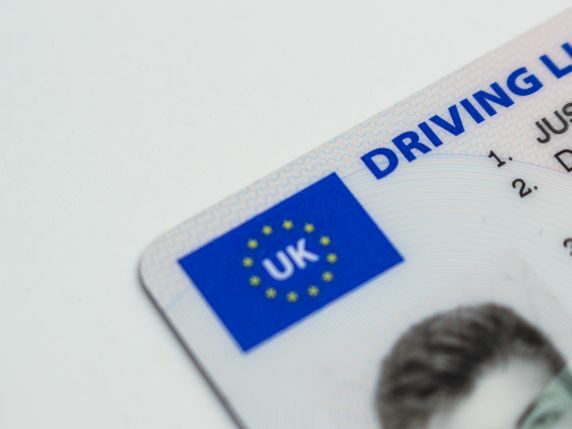From 18 November 2025, important new requirements under the Economic Crime and Corporate Transparency Act 2023 (ECCTA) will come into force. These rules will require all company directors, Persons with Significant Control (PSCs), and LLP members to verify their identity with Companies House, and another change is that companies must keep their own internal register of members.
The aim of these changes is to make UK businesses more transparent and help crack down on economic crime.
Thankfully, there’s plenty of time to prepare, and the process is simple. Here’s what you need to know:
Who must verify their identity?
- Company directors – all directors of UK registered companies.
- Persons with Significant Control (PSCs) – typically those holding more than 25% of shares or voting rights, or who can appoint/remove most directors.
- LLP members – all members of a UK LLP.
- Third-party presenters – anyone filing documents at Companies House on behalf of a company (including Harper James when acting as presenter).
Statutory register updates
Also from 18 November 2025, Companies House will become the official record for directors, secretaries and PSCs. You’ll no longer need to keep separate internal registers for these.
Directors will also no longer have to list their business occupation when appointed.
However, companies must still keep a register of members internally, either at the registered office or a Single Alternative Inspection Location (SAIL). If this register is currently held at Companies House, it will need to be moved and made publicly accessible.
Key dates
- 8 April 2025 – Voluntary verification began.
- 18 November 2025 – Mandatory for:
- New directors/PSCs/LLP members: must verify before appointment/filing.
- Existing directors/PSCs/LLP members: must verify by the date of their next confirmation statement.
- 18 November 2025 – 17 November 2026 – Transition period for existing directors/PSCs/LLP members.
Consequences of non-compliance
Failure to comply with the new requirements may lead to:
- Inability to act as a director, PSC or LLP member.
- Companies House rejecting filings or appointments.
- Financial penalties or even criminal sanctions.
How to complete verification
Verification can be completed:
- Online – via GOV.UK One Login, using valid photo ID (passport, driving licence, residence permit etc.).
- In person at a Post Office – for those unable to verify online.
- Via an Authorised Corporate Service Provider (ACSP) – such as solicitors or accountants. While Harper James can act as your presenter, we cannot complete personal identity checks on your behalf.
Here’s a walk through of what to do:
- Identify all directors, PSCs, and LLP members in your company who must verify their identity
- Check Companies House records are accurate and match the ID documents for these individuals
- Ensure every affected individual has valid photo ID (passport, driving licence, residence permit/card)
- Decide how each individual will verify their identity
- Online via GOV.UK One Login
- At a participating Post Office (if eligible)
- Through an Authorised Corporate Service Provider (ACSP) - Check when your company’s next confirmation statement is due and plan verification before that date
- Put in place procedures to securely request, record and store Companies House “personal codes”
- Update company policies and onboarding processes to include identity verification as standard
- Warn relevant individuals about phishing attempts and remind them to keep their “personal codes” secure
Additional opportunities
You don’t need a lawyer to complete identity verification – it’s designed to be a simple, self-service process you can do online, at a Post Office or via an ACSP.
We recommend reviewing and updating your company registers well in advance to avoid future issues. Make sure all details for directors, secretaries, and persons with significant control (PSCs) are accurate and complete.
However, while the verification itself is straightforward, we encourage companies to take this moment to review their wider governance and legal protections. Updating or introducing bespoke articles of association or adding extra provisions to your legal documentation can give directors and shareholders greater protection and reduce risk in the future. That’s where our team can add real value.
If you have questions about how these changes affect you, or if you’d like advice on strengthening your company’s governance and protections, speak to us.










